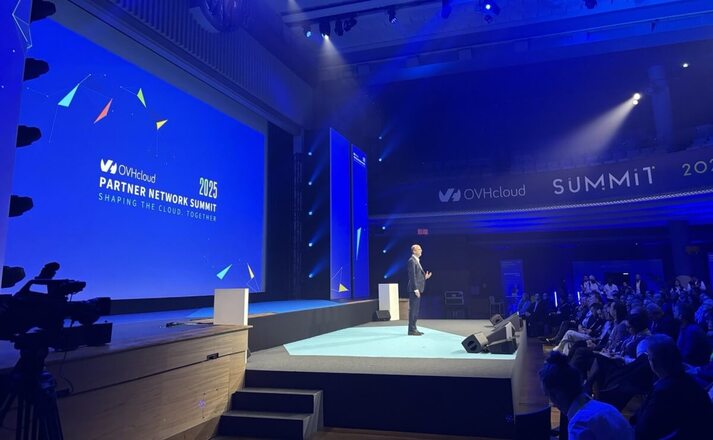The rise of generative AI is causing a significant impact on creative jobs, leading to concerns among creative professionals. The Writers Guild of America strike has highlighted the guild’s demand for AI to be used solely as a research tool rather than a replacement for its members. While AI tools like Anthropic’s chatbot Claude and OpenAI’s ChatGPT and Dall-E 3 offer exciting creative experiences, there is a debate about whether they will help or hinder human creativity.
To understand the potential impact of AI on creativity, it is essential to distinguish between two types of human creativity. Psychological or personal creativity occurs when an individual thinks of something for the first time, while historical creativity happens when someone thinks of something entirely new. The latter has a more significant impact on shaping collective thinking and leaving a lasting legacy.
Generative AI does not fit into either category of human creativity. While it can promote both types to some extent by providing insights and creating thought-provoking content, it lacks the evolutionary clash of mind and world that drives human creativity. AI models rely on statistical abstractions of digital data, limiting their real-world creative significance and their ability to produce groundbreaking moments.
To differentiate AI-driven creativity from traditional creativity, a new term called generic or g-type creativity has been proposed. This term acknowledges that AI models can provoke new thoughts but are constrained by the underlying data they have been trained on.
The proliferation of g-type creativity poses a risk to cognitive diversity and cultural flexibility. If AI leads to homogeneity in thinking and experiences, societies may become more rigid in enforcing norms and less tolerant of deviations from the status quo. This could stifle creativity at a population level and lead to a generic spiral.
The generic spiral refers to a cycle where the increasing use of AI for g-type creativity leads to more generic content, which is then used to train AI models further, resulting in even more generic outputs. While this may be useful for certain specialized tasks, it raises concerns about the potential impact on creativity and the emergence of an Orwellian political economy.
To preserve creativity while enjoying the benefits of AI, it is crucial to prioritize and protect human creativity over artificial creativity. Intellectual property laws play a significant role in this regard. Granting AI legal personhood or allowing it fair use rights could erode the creative system and contribute to a generic spiral. It is essential to strike a balance between AI and human creativity to ensure the preservation of creative expression.

